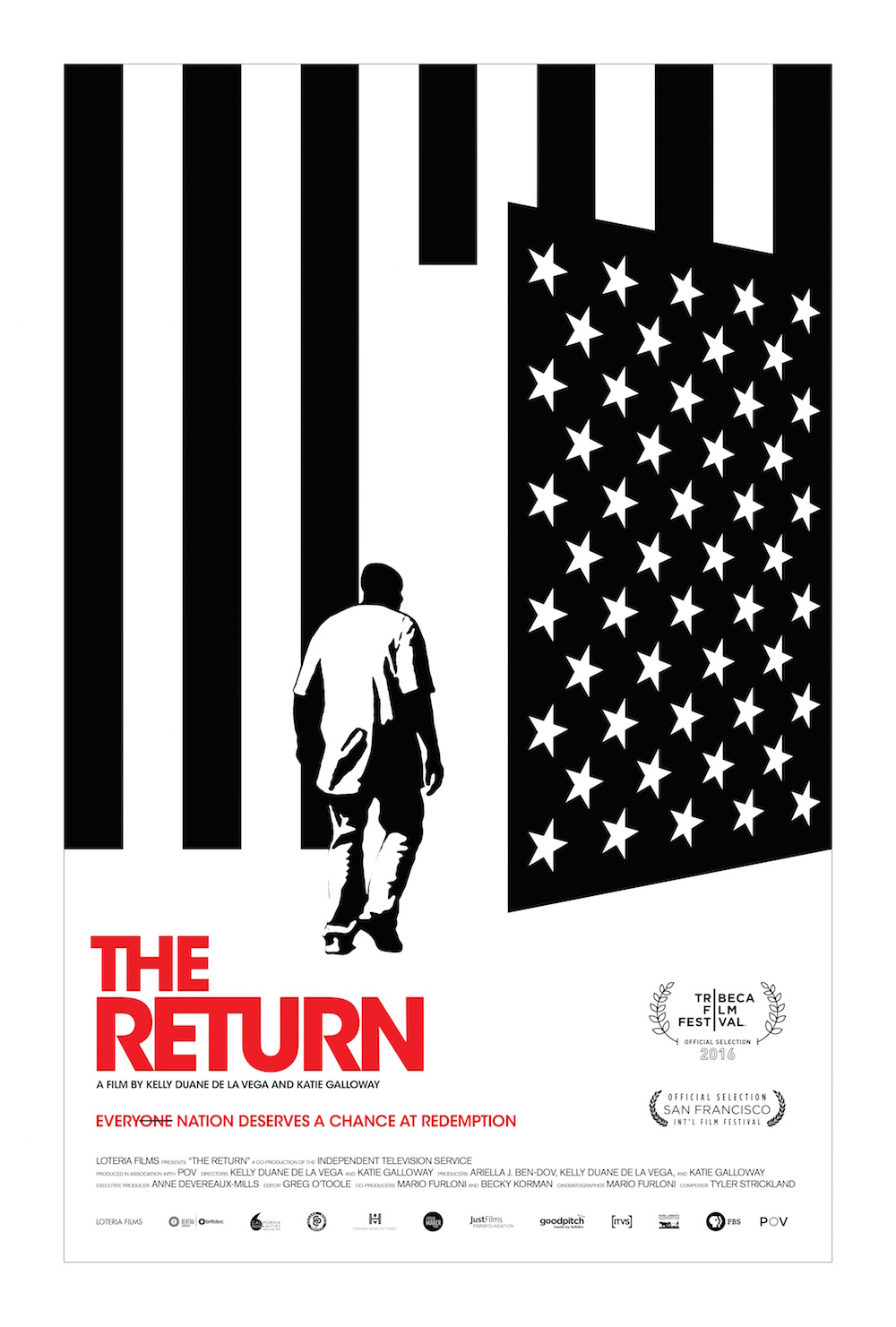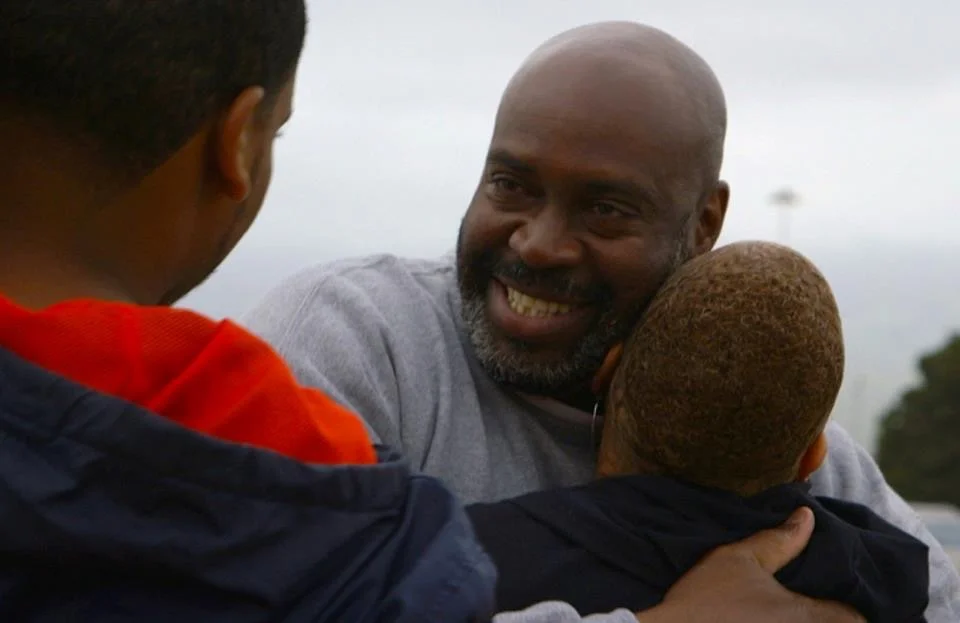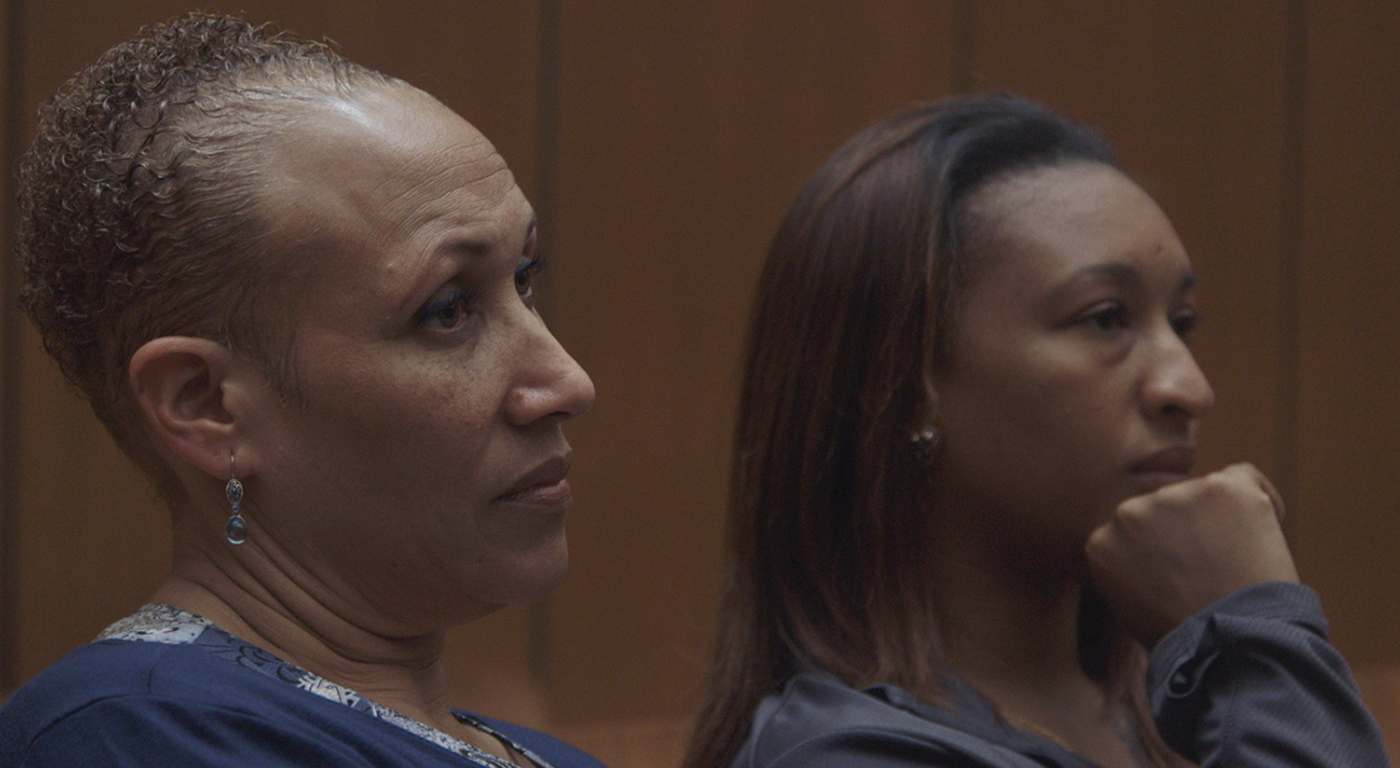Tribeca Film Festival 2016: Audience Award - The Return
/[embed]https://youtu.be/zcXTs4EYuI0[/embed] Many of us know someone, have a relative or have accidentally met an individual who has been incarcerated. There are fewer of us who know someone who has had "three strikes" and even fewer who have had someone released as a result of the passing of Prop 36.
In 2012, California voters passed Prop 36 to reform Three Strikes - the first time in American history that citizens shortened sentences of the currently incarcerated. Overnight, thousand of lifers became eligible for release
The Return gives a bird's-eye view of two newly released lifers as they attempt to avoid the usual pitfalls of released prisoners back into a society and familial relationships that are drastically different. Their struggle not to succumb to old triggers, insecurities and restoring the relationships is real, raw and heartbreaking.
Bilal Chatman and Kenneth Anderson were both lifers. Chatman wanted a second chance to turn his life around and spend more time with his ailing mother. Anderson wanted a second chance at being a business person, father, grandfather, husband and drug free.
Chatman was freed by the people who fought for Proposition 36, which requires eligible non-violent drug offenders to serve their time in a drug treatment program instead of in prison. After The Return's screening at Tribeca, Bilal (who recently celebrated 33 years clean and sober) spoke of not allowing mistakes nor the people who hurt him in his past, to define his present life.
Kenneth Anderson was released and moved back in with his family after well over a decade. With a 25-to-life sentence over a purse snatching, Anderson's last blunder included a struggle with drug abuse brought on by stress over his failed janitorial business.
Welcomed back by his ex-wife, now-adult children and several grandchildren he’s never met, he’s fortunate — but still encounters insurmountable hurdles.
Bilal Chatman had no spouse or children to return to. After 11 years’ (his “third strike” was selling $200 in drugs to an undercover agent), he headed straight from prison to Home of the Loving Father Re-Entry Facility, a halfway house in San Jose.
Their "second chance" journey is different - yet similar. Both have no desire to return to the life conditions of their former selves, yet both men face a fate in society that will never let them forget their past.
The filmmakers also follow the release petitioning for Lester Wallace, a diagnosed schizophrenic who became California’s very first “Three Strikes” conviction after an attempted car-stereo theft. We never actually hear from Wallace, only a glimpse him in court as his case is being argued. Wallace's case was argued as him being raised in a frequently homeless, drug-addled family, which made him the perfect candidate for what Director Michael Romano says was too often “the solution for a generation” to problems of poverty, addiction and mental illness: Lock ’em up and throw away the key.
Prop 36 gave men like Chapman, Wallace and Anderson a new lease on life and allowed them all an opportunity to be placed in rehab programs to kickstart their new life. Often times, these men, regardless of their crimes, are released from prison with a paper jumpsuit, $200 dollars in their pocket and no real plan for the future. This is the major reason so many of them find themselves back behind bars. They are released into a society that has no empathy for ex-cons and many of them spend the rest of their lives trying to prove they are changed and reformed men or women.
The Return is a lesson for all that everyone is capable of making a mistake, but should that mistake be thrown up in your face and follow you for the rest of your life?
For more information of drug rehab services through Prop 36, click on http://www.caldrug.org.
The Return won the Audience Award at the 2016 Tribeca Film Festival and will make its debut on PBS.






